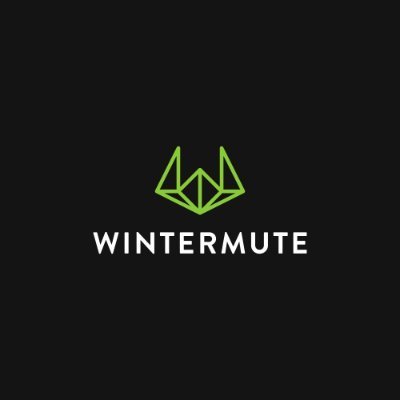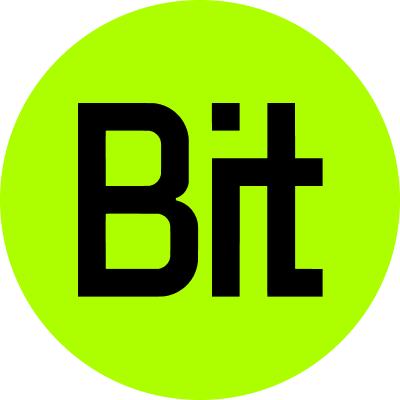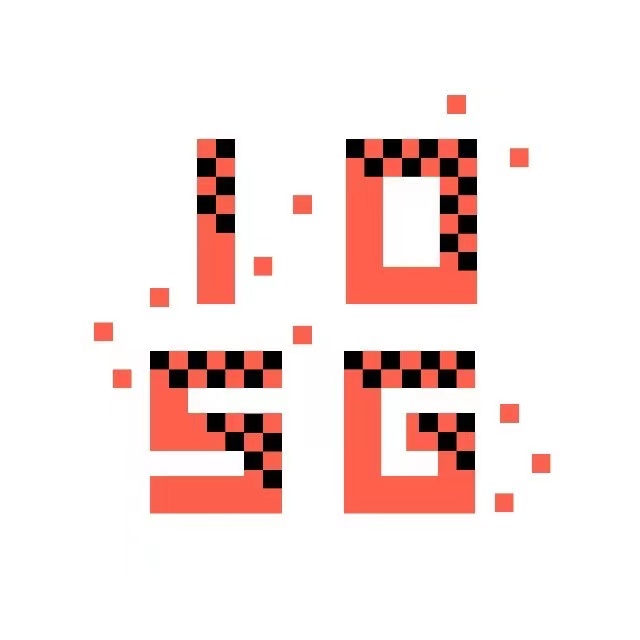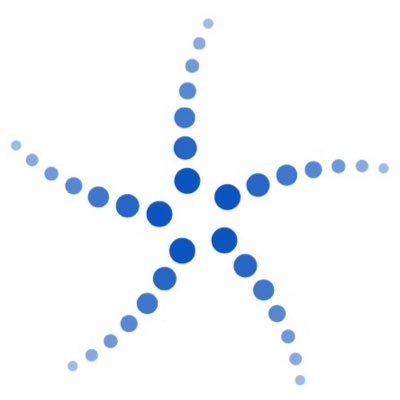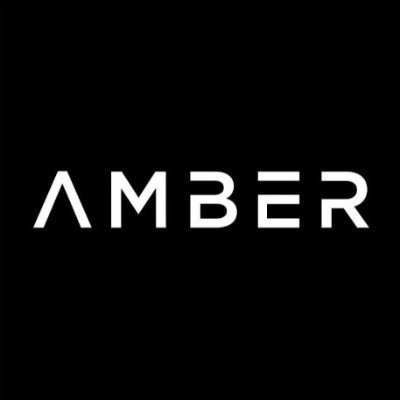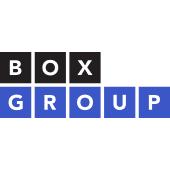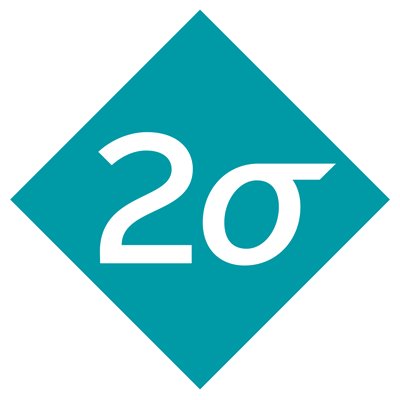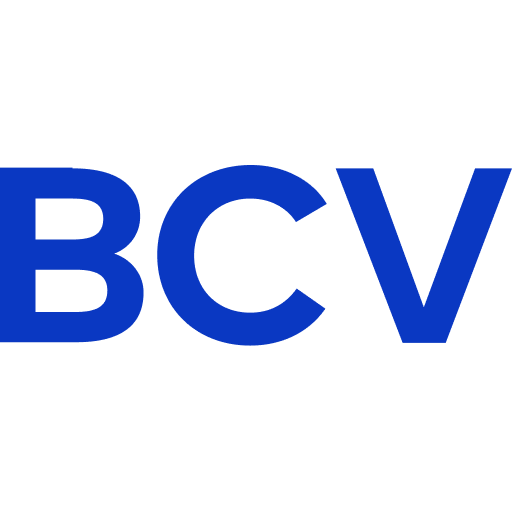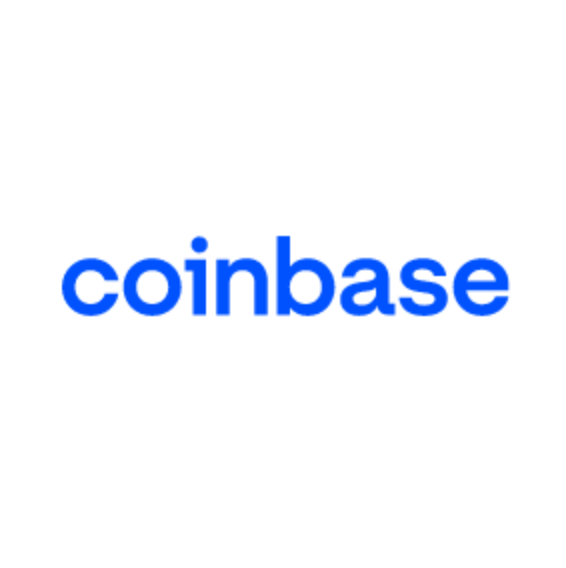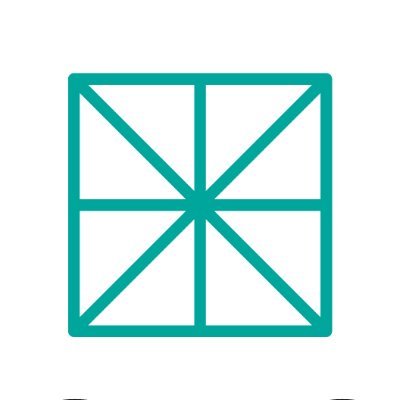Total MarketCap: $0 0
24H Vol: $0.00
BTC:
0 sat/vB
ETH: Gwei

Enable crypto investment for the global masses
Scan QR Code to Explore more key information

Enable crypto investment for the global masses

UMA
Optimistic-based oracle
Categories:
Oracle
Infra
Ecosystem:
Ethereum
Region:
United States
Founded:
2018
UMA is an optimistic oracle that uses economic guarantees to secure markets. Unlike mechanically restrictive price feed oracles, UMA's oracle is able to serve any arbitrary data on-chain. It can be used for a variety of purposes, such as a cross-chain bridge, insurance, custom derivatives, and prediction markets.nnThe UMA Protocol also provides various smart contract templates, which are automatically secured by its optimistic oracle. These include templates and integrations for creating synthetic tokens, prediction markets, "KPI options", and structured financial products.
UMA Fundraising
Amount
$3M
Valuation
--
Date
Jul 10, 2021
Amount
--
Valuation
--
Date
Sep 22, 2020
Investors
Seed
Amount
$4M
Valuation
--
Date
Dec 11, 2018
Investor
UMA Team
Scan QR Code to Explore more key information
UMA
UMA

UMA
Optimistic-based oracle
Categories:
Oracle
Infra
Ecosystem:
Ethereum
Region:
United States
Founded:
2018
UMA is an optimistic oracle that uses economic guarantees to secure markets. Unlike mechanically restrictive price feed oracles, UMA's oracle is able to serve any arbitrary data on-chain. It can be used for a variety of purposes, such as a cross-chain bridge, insurance, custom derivatives, and prediction markets.nnThe UMA Protocol also provides various smart contract templates, which are automatically secured by its optimistic oracle. These include templates and integrations for creating synthetic tokens, prediction markets, "KPI options", and structured financial products.
UMA Fundraising
Fundraising Event
| Round | Amount | Valuation | Date | Investors |
|---|---|---|---|---|
| -- | $3M | -- | Jul 10, 2021 | |
| -- | -- | -- | Sep 22, 2020 | |
| Seed | $4M | -- | Dec 11, 2018 |
Investor
UMA Team
Powered by
UMA
UMA
$0
-0.12%



